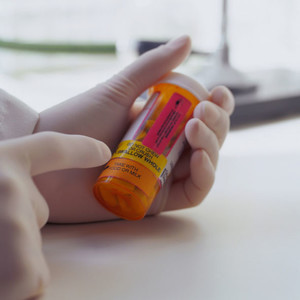As reported by Anju Ghangurde in Scrip News of 13 January 2010, large Indian companies appear to be keen to develop their capacities and capabilities in the biosimilars segment, an area expected to take centre stage globally in the coming years. Some of this growing interest is being attributed to the projected decline in the global pipeline for generic small molecules by about 2013, as well as optimism that some large markets such as the US will soon put in place regulations to facilitate the entry of biosimilars.
- INICIO
-
Genéricos
Novedades
- FDA approves generic teriparatide and levetiracetam
- US generics launch and approval for Dr Reddy’s and Lupin
- Five Chinese companies join UN’s MPP for Covid-19 medicines
- South Korean companies to make generic Bridion and COVID-19 drugs
Investigación
- Japan’s drug shortage crisis: challenges and policy solutions
- Saudi FDA drug approvals and GMP inspections: trend analysis
- Generic medications in the Lebanese community: understanding and public perception
- Community pharmacists’ understanding of generic and biosimilar drugs: Lebanon case study
General
- Crecimiento de medicamentos genéricos en Brasil y Venezuela
- EMA launches European shortages monitoring platform to tackle persistent medicine shortages
- Penetración de los medicamentos genéricos en México y Brasil
- FDA releases one-year progress report for the Generic Drug Cluster
-
Biosimilares
Novedades
- EMA recommends approval for teriparatide biosimilar Zandoriah
- FDA approves third interchangeable ranibizumab biosimilar Nufymco
- FDA approves Poherdy (first interchangeable pertuzumab) and Armlupeg (pegfilgrastim) biosimilars
- EMA recommends approval for insulin glargine biosimilar Ondibta and denosumab biosimilar Osqay
- MORE EDITORIAL SECTIONS
- Search








 0
0











Post your comment